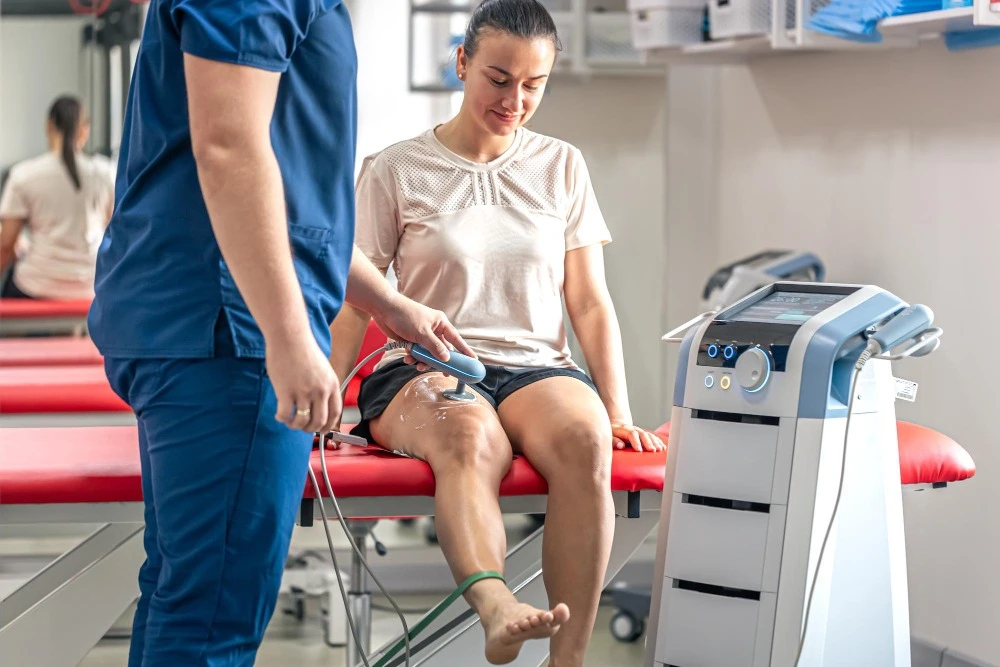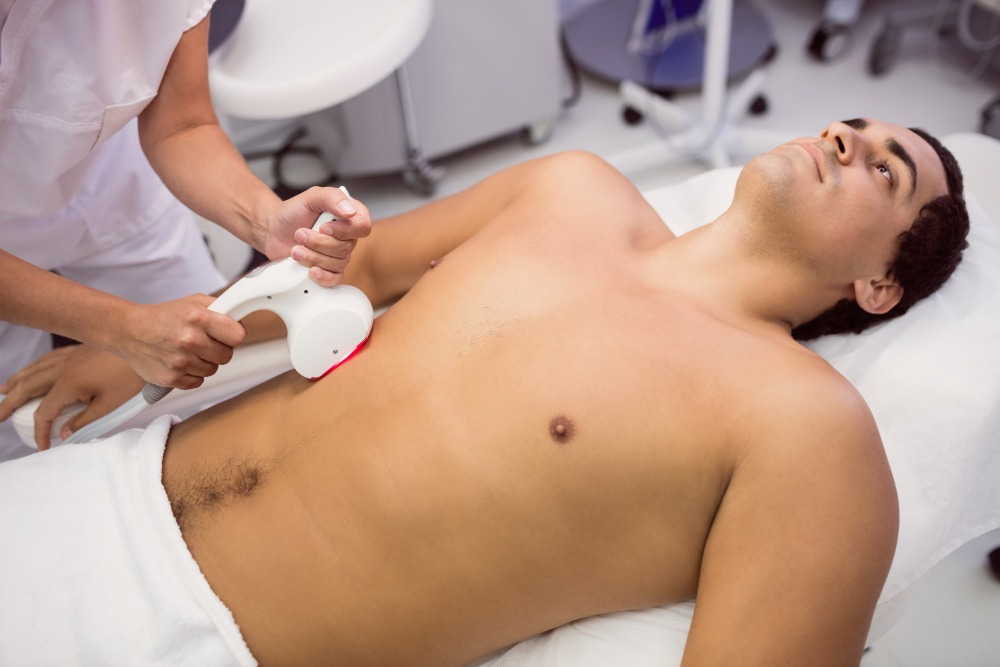Your Source for Chiropractic Health Information
Welcome to the official blog of Dr. Micah Carter, a Chiropractor in Oklahoma City, your trusted destination for expert guidance on pain relief, mobility restoration, and lifelong wellness. This is where evidence-based chiropractic care meets real-life stories, practical advice, and proven methods to help you live pain-free and perform at your best.
Chiropractic Health
Latest Blogs from Family Tree Chiropractic

What is Shockwave Therapy?
Table of Contents Shockwave Therapy: Effective Pain Relief Treatment Shockwave therapy, also known as Extracorporeal Shock Wave Therapy (ESWT), is a revolutionary non-invasive treatment that

Chiropractic Spinal Decompression – Safe Back Pain Relief
Table of Contents Chiropractic Spinal Decompression – Safe Back Pain Relief Living with chronic back pain can transform everyday activities into daunting challenges. Whether you’re

What Does Cold Laser Therapy Do? Benefits, Process & Case Examples
Table of Contents Introduction Cold laser therapy has emerged as one of the most promising non-invasive treatment options in modern chiropractic and rehabilitative medicine, offering

Why Choose Us
Why Choose Family Tree Chiropractic
- Comprehensive Care Under One Roof
- Evidence-Based Treatment Approach
- Personalized Treatment Plans
- Experienced, Caring Team
- Convenient OKC Location